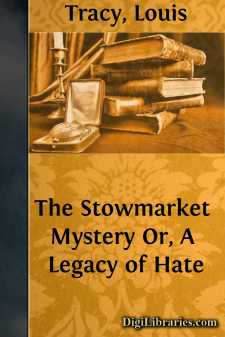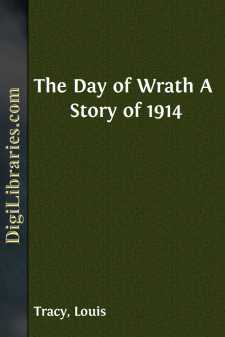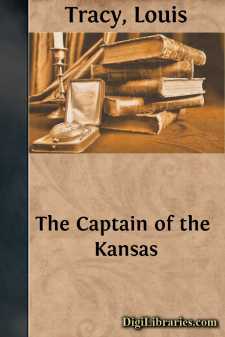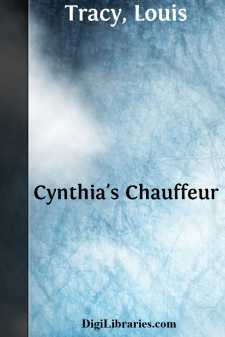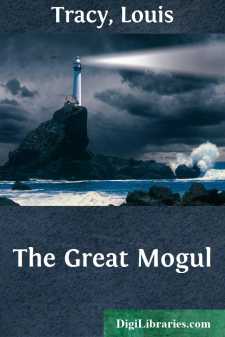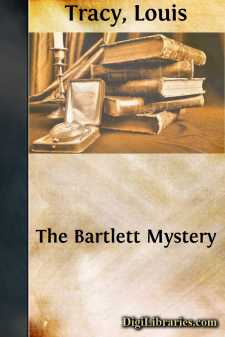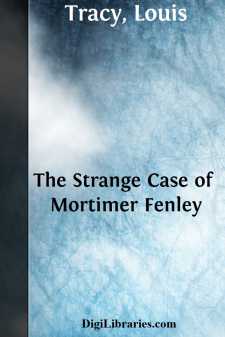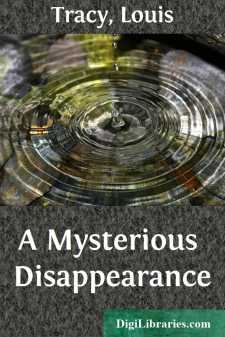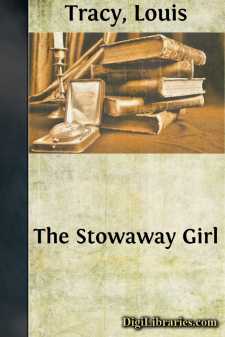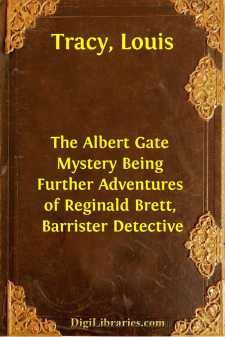Categories
- Antiques & Collectibles 13
- Architecture 36
- Art 48
- Bibles 22
- Biography & Autobiography 813
- Body, Mind & Spirit 142
- Business & Economics 28
- Children's Books 17
- Children's Fiction 14
- Computers 4
- Cooking 94
- Crafts & Hobbies 4
- Drama 346
- Education 46
- Family & Relationships 57
- Fiction 11829
- Games 19
- Gardening 17
- Health & Fitness 34
- History 1377
- House & Home 1
- Humor 147
- Juvenile Fiction 1873
- Juvenile Nonfiction 202
- Language Arts & Disciplines 88
- Law 16
- Literary Collections 686
- Literary Criticism 179
- Mathematics 13
- Medical 41
- Music 40
- Nature 179
- Non-Classifiable 1768
- Performing Arts 7
- Periodicals 1453
- Philosophy 64
- Photography 2
- Poetry 896
- Political Science 203
- Psychology 42
- Reference 154
- Religion 513
- Science 126
- Self-Help 84
- Social Science 81
- Sports & Recreation 34
- Study Aids 3
- Technology & Engineering 59
- Transportation 23
- Travel 463
- True Crime 29
The Stowmarket Mystery Or, A Legacy of Hate
by: Louis Tracy
Categories:
Description:
Excerpt
Chapter I
“The Stowmarket Mystery”
“Mr. David Hume.”
Reginald Brett, barrister-detective, twisted round in his easy-chair to permit the light to fall clearly on the card handed to him by his man-servant.
“What does Mr. David Hume look like, Smith?” he asked.
“A gentleman, sir.”
Well-trained servants never make a mistake when they give such a description of a visitor. Brett was satisfied.
“Produce him.”
Then he examined the card.
“It is odd,” he thought. “Mr. David Hume gives no address, and writes his own cards. I like his signature, too. Now, I wonder—”
The door was thrown open. A tall, well-proportioned young man entered. He was soberly attired in blue serge. His face and hands bore the impress of travel and exposure. His expression was pleasing and attractive. In repose his features were regular, and marked with lines of thought. A short, well-trimmed beard, of the type affected by some naval men, gave him a somewhat unusual appearance. Otherwise he carried himself like a British cavalry officer in mufti.
He advanced into the room and bowed easily. Brett, who had risen, instantly felt that his visitor was one of those people who erect invisible barriers between themselves and strangers.
“My errand will occupy some time, perhaps half an hour, to permit of full explanation,” said Mr. Hume. “May I ask—”
“I am completely at your service. Take that chair. You will find it comfortable. Do you smoke? Yes. Well, try those cigarettes. They are better than they look.”
Mr. Hume seemed to be gratified by this cordial reception. He seated himself as requested, in the best light obtainable in a north-side Victoria Street flat, and picked up the box of cigarettes.
“Turkish,” he announced.
“Yes.”
“Grown on a slope near Salonica.”
“Indeed? You interest me.”
“Oh, I know them well. I was there two months ago. I suppose you got these as a present from Yildiz Kiosk?”
“Mr. Hume, you asked for half an hour, Make it an hour. You have touched upon a subject dear to my heart.”
“They are the best cigarettes in the world. No one can buy them. They are made for the exclusive use of the Sultan’s household. To attempt to export them means the bastinado and banishment, at the least. I do not credit you with employing agents on such terms, so I assume an Imperial gift.”
The barrister had been looking intently at the other man during this short colloquy. Suddenly his eyes sparkled. He struck a match and held it to his visitor, with the words:
“You are quite right, Mr. David Hume-Frazer.”
The person thus addressed neither started, nor sprang to his feet, nor gasped in amazement He took the match, lit a cigarette, and said:
“So you know me?”
“Yes.”
“It is strange. I have never previously met you to my knowledge. Am I still a celebrity?”
“To me—yes.”
“A sort of distinguished criminal, eh?”
“No man could be such a judge of tobacco and remain commonplace.”
“‘Pon my honour, Mr....


